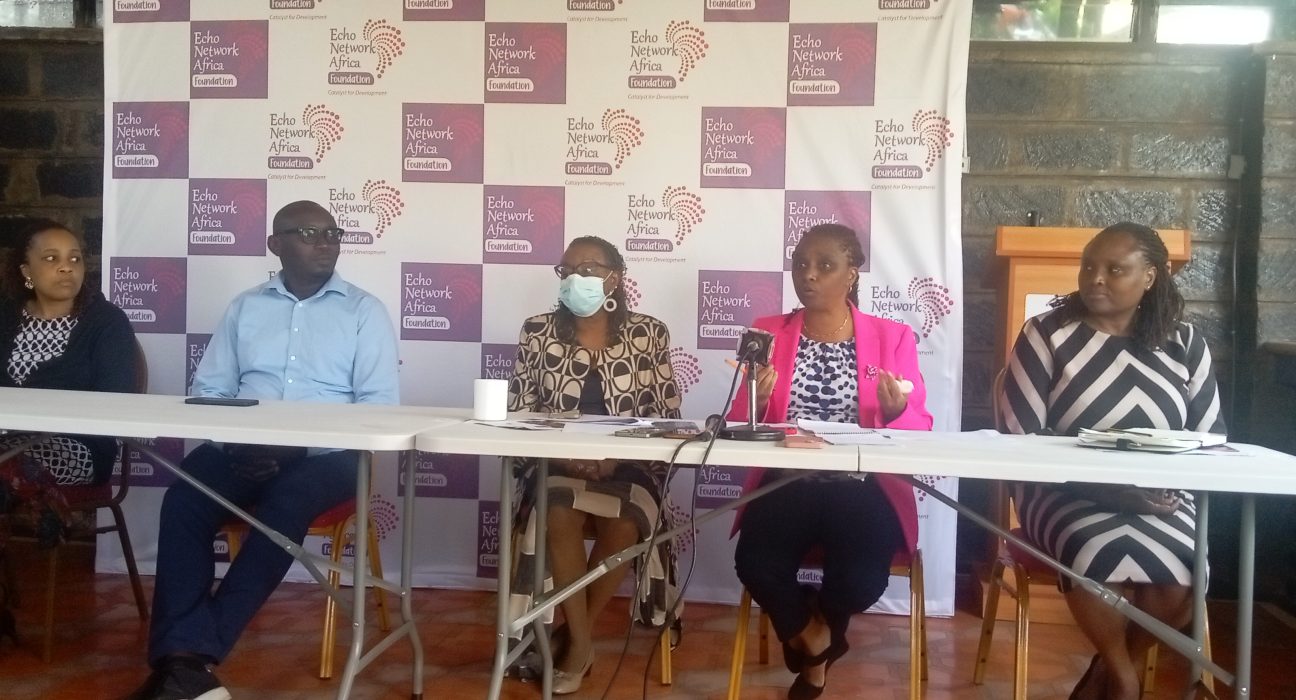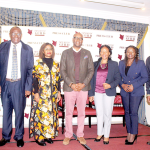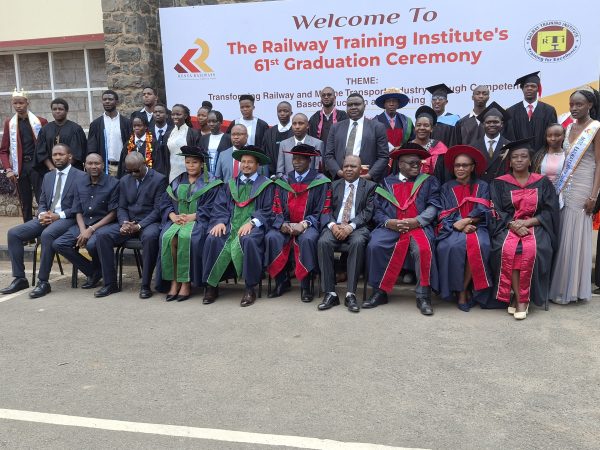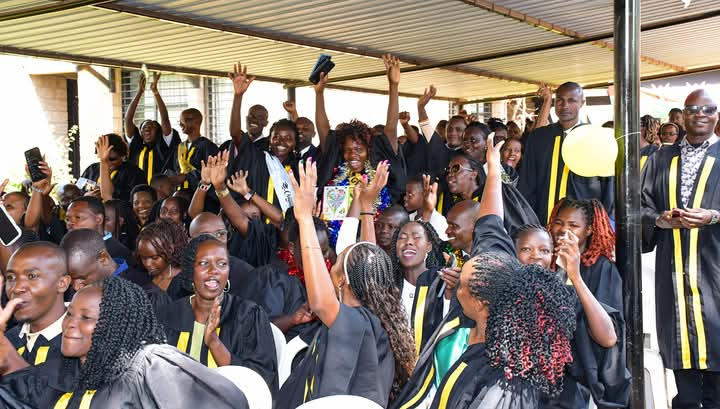By Eddah Waithaka
Echo Network Africa is taking bold action to shatter stereotypes and inspire a new generation of female scientists with the launch of its mobile STEM laboratories.
The initiative will be announced on Wednesday, targeting primary school girls across 15 counties to spark early interest in science and technology.
From “D” Grades to STEM Leaders
Dr. Jennifer Riria, CEO of Echo Network Africa, revealed how their pilot program at Kithangari Girls’ School transformed performance.
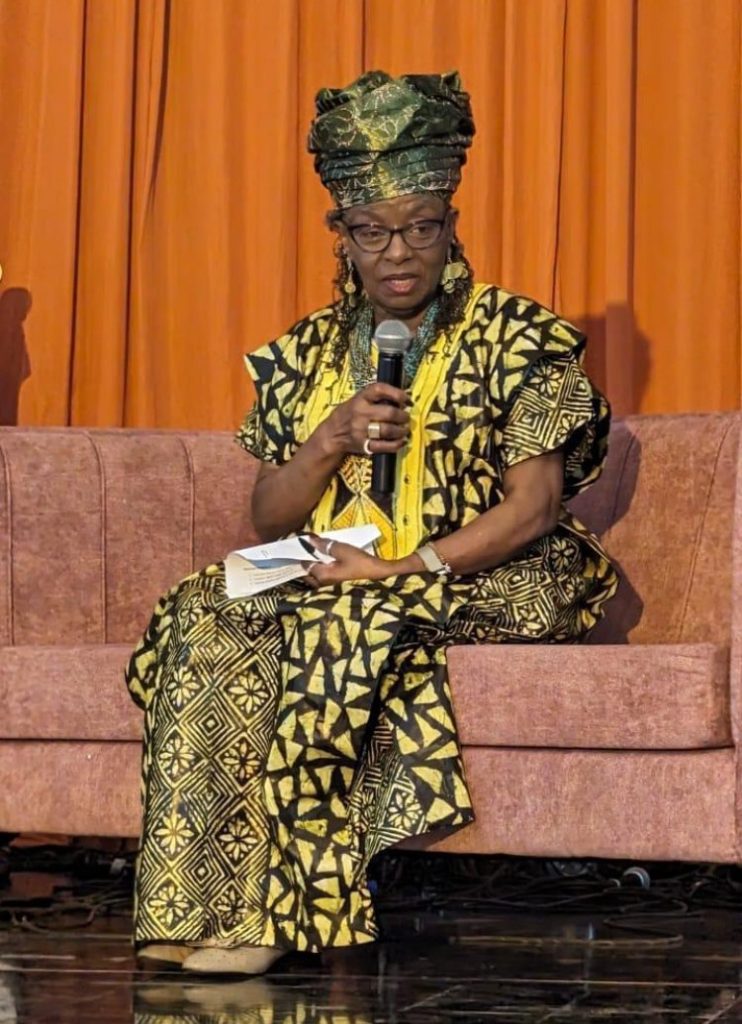
“Girls who once celebrated D grades in math are now scoring A’s and pursuing STEM degrees,” she said. “This proves ability has no gender.”
The organization partnered with the Ministry of Education’s School Equipment Production Unit (SEPU) to design portable labs that allow hands-on experiments in physics, chemistry, and biology.
Unlike traditional labs, these mobile units will serve multiple schools through a cluster system.
Why Start Young?
“We must catch girls early, before society tells them science is ‘not for them’,” Dr. Riria emphasized, recalling how girls were historically steered toward teaching or secretarial roles.
“These labs build confidence. When a 10-year-old conducts her first experiment, she starts believing, I can be a scientist.”
Nationwide Rollout
The first 15 labs will reach schools in Busia, Meru, Narok, and 12 other counties. Echo Network Africa aims to scale the project but acknowledges the challenge, Kenya has 28,000 primary schools.
“This is just the beginning,” said a SEPU representative. “We need more partners to close the gap.”
At Wednesday’s launch event, it will be attended by government officials, diplomats, and students the organization signed an MoU with SEPU to formalize collaboration.
Dr. Riria challenged the media to amplify their mission, “Help us rewrite Kenya’s future. The first African woman on the moon could be Kenyan, if we act now.”
Highlighting the critical need for gender equality in STEM fields, only 30% of STEM researchers in sub-Saharan Africa are women, according to UNESCO, while early exposure to science doubles girls’ chances of pursuing STEM careers, as reported by the World Bank.
Moreover, the introduction of mobile labs, which cost 60% less than traditional fixed laboratories, enables a broader reach and facilitates access to scientific opportunities for young girls, paving the way for a more inclusive future in STEM.
Read More Stories At: https://africawatchnews.co.ke/



